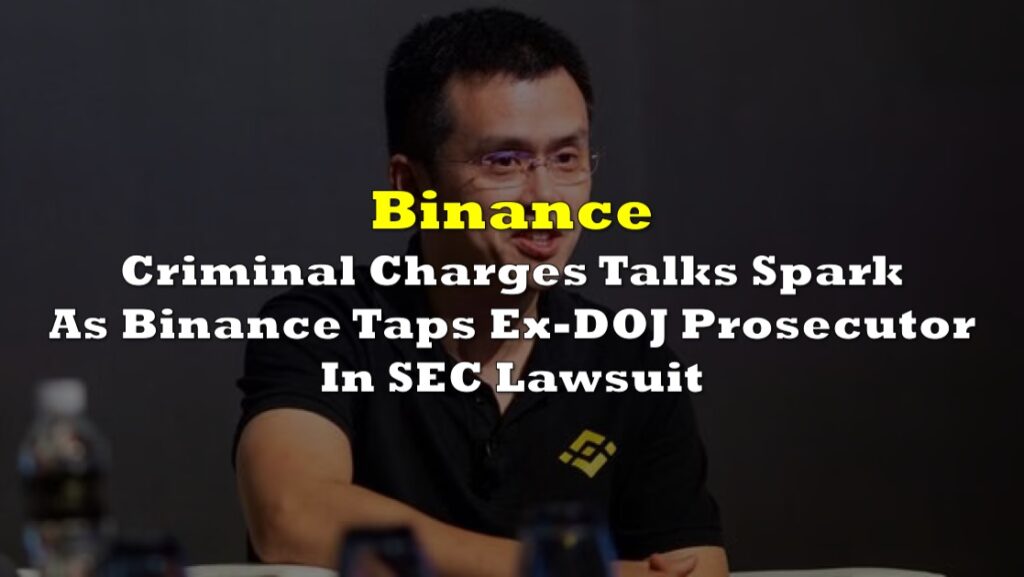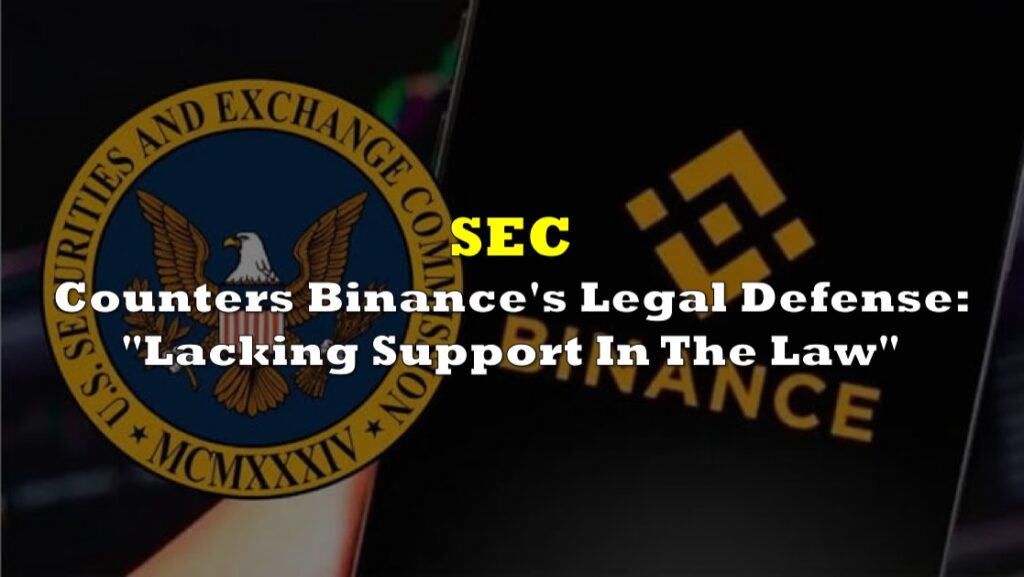True to its controversial fashion of dealing with regulations, Binance apparently failed to fully cut off its services to Iran after the United States reimposed the country’s sanctions in 2018. The crypto exchange continued to serve Iranian traders, a Reuters investigation has found.
Despite the sanctions on Iran, which include a ban for companies to operate in the country, at least seven crypto traders were still able to use their Binance accounts until September 2021. Eleven more in Iran said on their LinkedIn profiles that they also had access to the exchange despite the ban, but refused to answer questions by the news site.
“There were some alternatives, but none of them were as good as Binance,” said Asal Alizade, one of the crypto traders in Tehran. “It didn’t need identity verification, so we all used it.”
Further in the report, the popularity of the exchange in Iran is apparently an open secret within the Binance offices. According to 10 messages exchanged in 2019 and 2020 among senior employees in reference to Iranian users, one message goes as far as referencing to the group as “Iran Boys.”
However, CEO Changpeng Zhao questions the Reuters report, particularly by reposting a public thread discussing the piece’s validity. Zhao tweeted his confidence that the Binance “users know” the real story and he “didn’t even have to write the response” himself.
“Don’t treat your users (or readers) like they are dumb. You will lose them,” Zhao tweeted.
I didn't even have to write the response. Users know. 👍
— CZ 🔶 Binance (@cz_binance) July 11, 2022
Don't treat your users (or readers) like they are dumb. You will lose them.
Replying to a tweet on the thread, Zhao theorized that there’s a team within Reuters tasked to write negatively about Binance. He also brought up a self-admitted rumor that this team is being “incentivized by other crypto players.”
I heard there is a team of 8 journalists assigned to dig/write dirt on Binance, and that's all they got. 😆
— CZ 🔶 Binance (@cz_binance) July 11, 2022
I also heard they may have been "incentivized" by other crypto players. No concrete evidence though. Now, I am spreading rumors, like them… So, I will stop there.
Former US President Donald Trump reimposed the sanctions on Iran following a three-year stay on the ban after the two countries inked a nuclear deal. In the November that followed the announcement, Binance informed traders in Iran that it would no longer serve the country’s market. In August 2019, the crypto exchange included Iran in its “Hard 5 Sanctioned” list, along with Cuba, Syria, North Korea, and Crimea.
At the height of the Russia-Ukraine war in March, Binance was put in hot water after it seemingly refused to block Russian access to the exchange.
“Crypto is meant to provide greater financial freedom for people across the globe. To unilaterally decide to ban people’s access to their crypto would fly in the face of the reason why crypto exists,” Zhao said in a March interview.
However, Zhao clarfied back then that the exchange “follows sanctions rules very strictly.”
“Whoever is on the sanctions list, they won’t be able to use our platform, for whoever is not, they can,” he added.
In March 2022, Binance also undertook its exit from the Ontario market after failing to secure the nod of the Ontario Securities Commission. But this happened after the crypto exchange earned the ire of the regulator when the Canadian investors then were still able to trade after the restrictions were supposedly in place.
The crypto exchange is also currently facing two legal battles: one against the Securities and Exchange Commission related to the firm’s initial coin offering in 2017, and the other one from an American trader who is suing the firm for advertising the stablecoin TerraUSD as “safe.”
Information for this briefing was found via Reuters and the companies mentioned. The author has no securities or affiliations related to this organization. Not a recommendation to buy or sell. Always do additional research and consult a professional before purchasing a security. The author holds no licenses.









